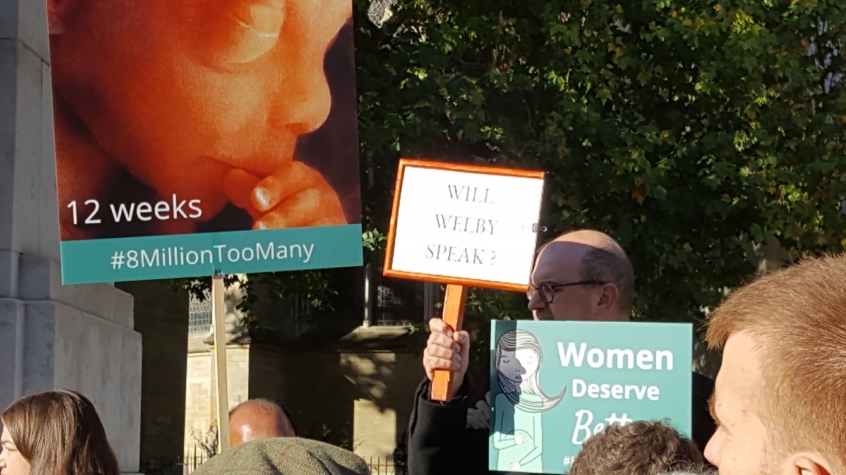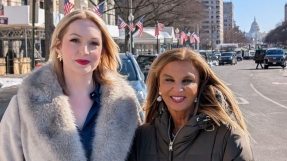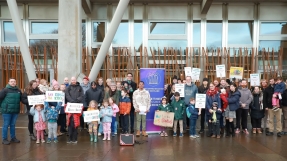Fresh calls to decriminalise abortion will be discussed in the House of Commons next week as MPs mark the 50<sup>th anniversary of the 1967 Act that first permitted terminations under some circumstances in the UK.
Labour MP for Hull North Diana Johnson's adjournment debate on Monday will commemorate the occasion but also reiterate calls for abortion to be taken out of the criminal law.

Terminations are still an offence in British law and under an 1861 act are punishable by life imprisonment. The 1967 Abortion Act provided exemptions allowing abortions in some circumstances when two doctors approve and when mental or physical harm would be done if the pregnancy went ahead.
Johnson led calls earlier this year to decriminalise abortion, calling for the same restrictions such as the 24-week gestation limit to remain in place but the procedure be taken away from criminal law.
In her speech in the debate Christian Today understands Johnson will celebrate the progress made in women's rights since the bill was passed but also question whether some of the provisions of the Act need to be updated in light of developments in women's reproductive health.
Under Johnson's calls for decriminalisation, she insists all the current safeguards and restrictions should remain in place.
She told Christian Today at the time of her 10-minute rule bill: 'The law covering abortion relates back to the 1861 Offences Against the Persons Act, which is over 150 years old and means that England and Wales has some of the harshest criminal sanctions in Europe connected to abortion.
'The Bill does not seek to de-regulate abortion or change time limits. The provisions in The Abortion Act 1967 can continue but would be the responsibility of the professional bodies overseeing the medical profession rather than the Police and CPS.'
But opponents warn the move could lead to abortions on the nod and say terminations are taking of a human life and should not be done lightly if at all. Peter Williams, head of the Right to Life campaign group, said decriminalisation would mean 'either partially or completely removing abortion from criminal law, and thus abolishing most or all legal limitations on abortion. That means abortion on demand, for any reason, either up to 28 weeks, or up to birth'.
He pointed to polling by ComRes that suggested 70 per cent of women wanted to lower the upper limit, with 59 per cent wanting it to go at least as far as 16 weeks. Just one per cent wanted to increase the limit. Another one per cent wanted it to go up to birth.
He told Christian Today: 'The campaign for Johnson's aims meanwhile serves as little more than a ploy by the abortion industry to distract from the ongoing scandals of appalling treatment of women and unborn children in abortion facilities.
'After 50 years of this inhumanity, which has killed 8.8 million unborn children, it's time for us to recognise the failures of the Abortion Act 1967 and reform our laws to increase protections and support for pregnant mothers and their babies in the womb.'
The campaign group Not In Our Name branded decriminalisation an 'extreme position' and claimed it could lead to 'mail order abortions'.
But leading pregnancy doctors have joined calls for decriminalisation after leading figures at the Royal College of Obstetricians and Gynaecologists voted to call for abortion to be regulated in line with other procedures but not carry a criminal sanction.
RCOG president Professor Lesley Regan said: 'I want to be clear that decriminalisation does not mean deregulation, and abortion services should be subject to regulatory and professional standards, in line with other medical procedures.'
It comes after the main doctors' union, the British Medical Association, also backed the decriminalisation of abortion in June.













